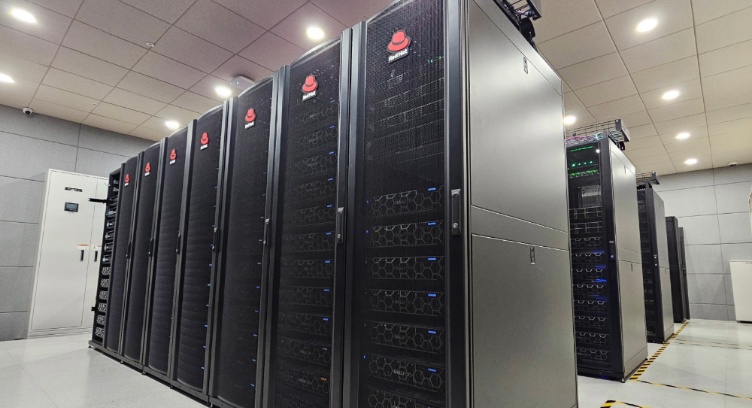Samsung Electronics yesterday announced that for the first time in the industry, it has successfully verified Compute Express Link™ (CXL™) memory operations in a real user environment with open-source software provider Red Hat, leading the expansion of its CXL ecosystem.
Due to the exponential growth of data throughput and memory requirements for emerging fields like generative AI, autonomous driving and in-memory databases (IMDBs), the demand for systems with greater memory bandwidth and capacity is also increasing. CXL is a unified interface standard that connects various processors, such as CPUs, GPUs and memory devices through a PCIe® interface that can serve as a solution for limitations in existing systems in terms of speed, latency and expandability.
In this latest development, Samsung has optimized its CXL memory for Red Hat Enterprise Linux® (RHEL) 9.3 and verified memory recognition, read and write operations in Red Hat’s KVM and Podman environments. This allows data center clients to easily use Samsung’s CXL memory without having to make additional adjustments to their existing hardware.
Samsung and Red Hat are currently working together on a “RHEL 9.3 CXL Memory Enabling Guide” to help users utilize Samsung’s CXL memory on RHEL 9.3 and build high-performance computing systems in various user environments.
The two companies first signed a memorandum of understanding (MOU) in May 2022 to collaborate on next-generation memory and will continue their efforts through the Samsung Memory Research Center (SMRC) in developing CXL open-source and reference models. The ongoing partnership covers a range of storage and memory products, including NVMe SSDs, CXL Memory, computational memory/storage and fabrics.
Yongcheol Bae, Executive Vice President of Memory Product Planning at Samsung Electronics
Samsung has been working closely with a wide range of industry partners in areas from software, data centers and servers to chipset providers, and has been at the forefront of building up the CXL memory ecosystem. Our CXL partnership with Red Hat is an exemplary case of collaboration between advanced software and hardware, which will enrich and accelerate the CXL ecosystem as a whole.
Marjet Andriesse, Senior Vice President and Head of Red Hat Asia Pacific
The successful verification of Samsung’s CXL Memory Expander interoperability with Red Hat Enterprise Linux is significant because it opens up the applicability of the CXL Memory Expander to IaaS1 and PaaS2-based software provided by Red Hat. This is an important milestone in the integration of hardware and software to build an open-source ecosystem for next-generation memory development.






















